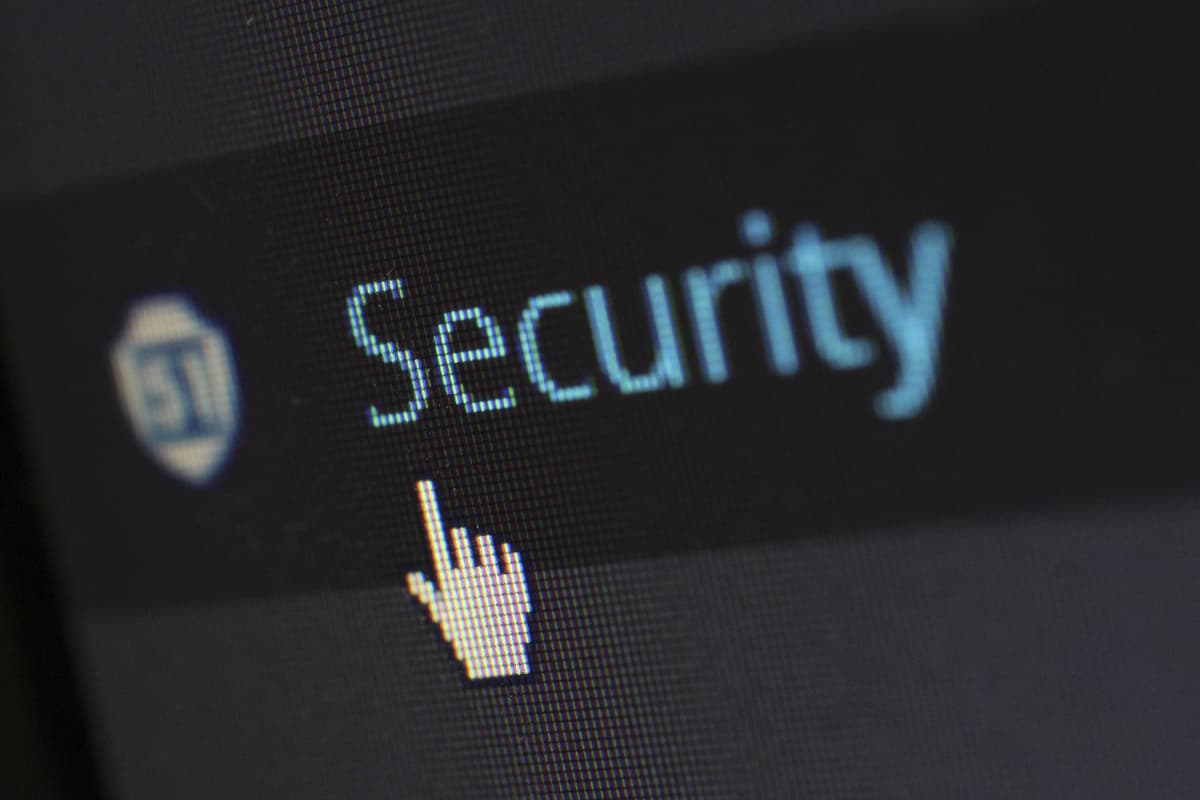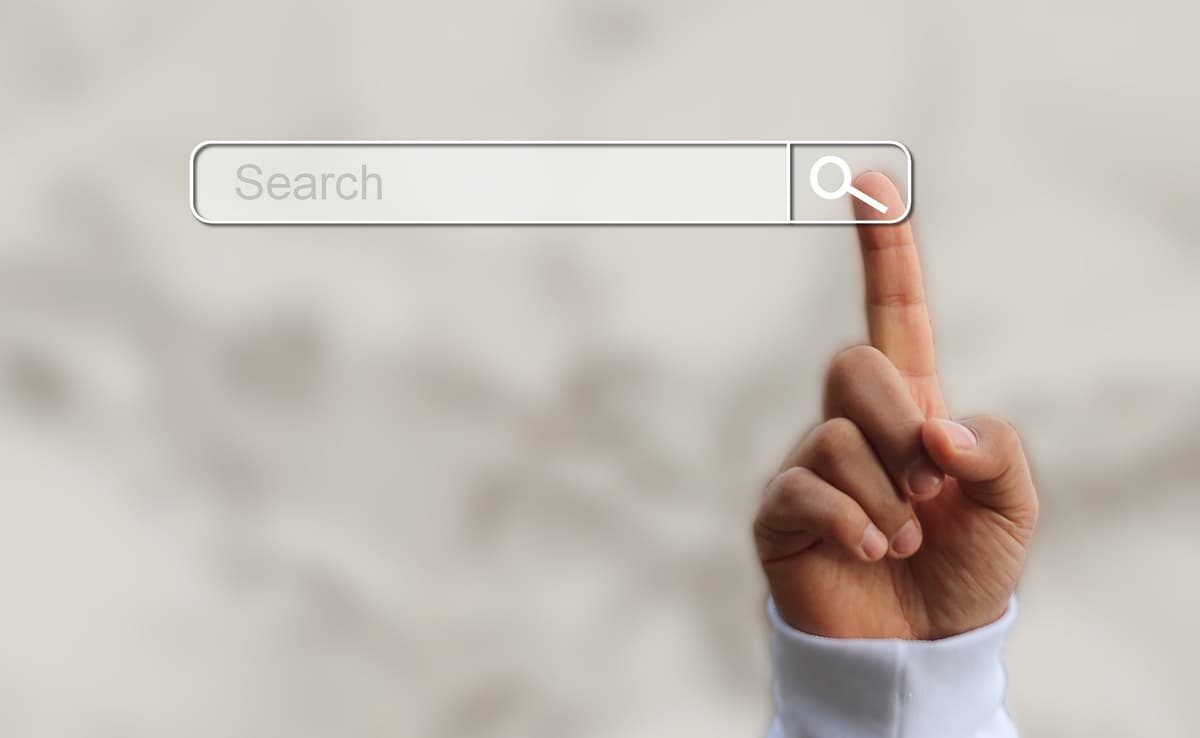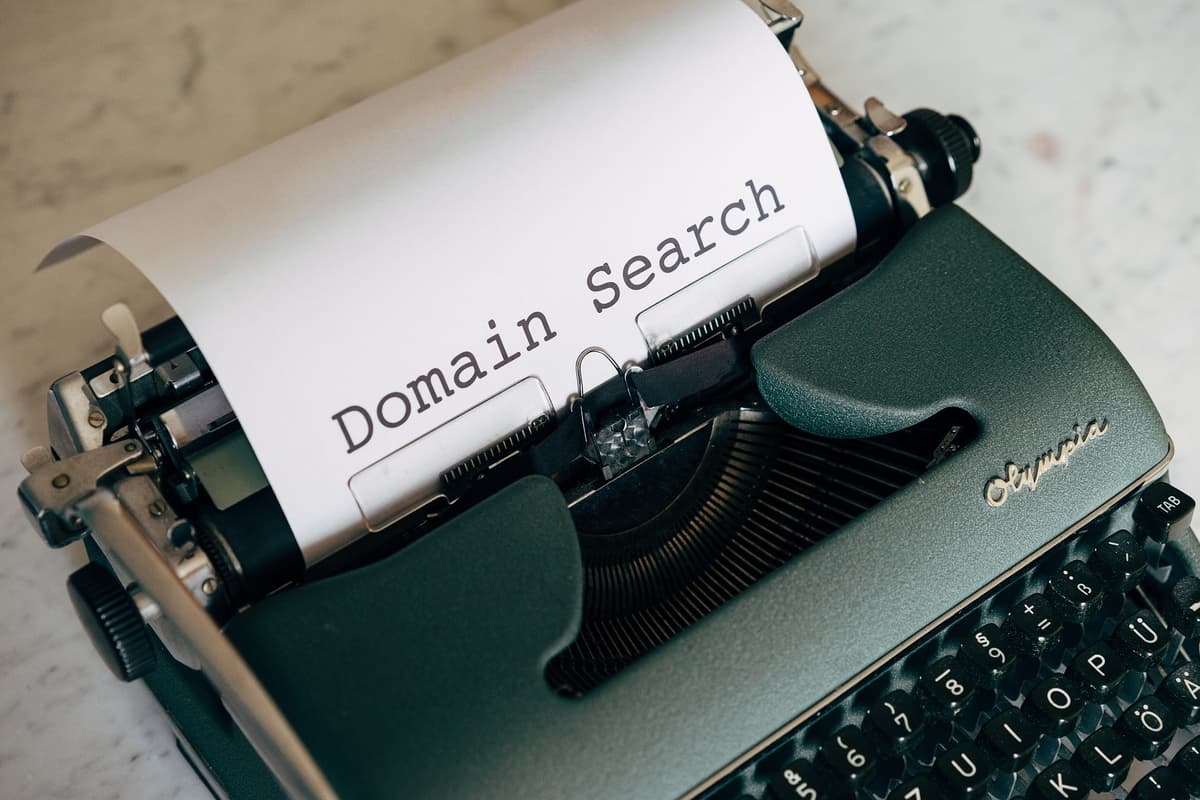Unleashing the Power of SSL Certificates

 Written by Massa Medi| January 10, 2025
Written by Massa Medi| January 10, 2025
Welcome! In this lesson, we're going to learn about SSL certificates and why they are important for keeping your website safe and trustworthy. By the end of this, you'll understand how SSL certificates protect both your website and your users' information. Don't worry—these days, it's easy to set up SSL certificates. Many companies that sell domain names offer SSL certificates as part of the package. Let's get started!
What is an SSL Certificate?
An SSL (Secure Sockets Layer) certificate is a type of digital "key" that protects the information shared between a website and its visitors. It makes sure that important details, like passwords or payment information, stay private and aren't stolen by hackers. In short, SSL certificates create a safe connection between your website and your visitors.
Why SSL Certificates Matter
Here’s why having an SSL certificate is so important:
- Data Encryption: SSL certificates "scramble" the data being sent so that only the intended person can read it. This keeps things like credit card details or passwords safe from hackers.
- Authentication: They also verify that your website is real, so people know they're on the correct site and not an impostor's.
- User Trust: When a website has an SSL certificate, users will see a padlock symbol in their browser. This makes them feel more confident that their data is secure.
- Better Search Rankings: Search engines like Google give higher rankings to websites that are secure with SSL. This means your website can appear higher in search results.
- Legal Requirements: Some industries, like online shopping, require SSL certificates to comply with rules about protecting sensitive information.
Different Types of SSL Certificates
There are a few different types of SSL certificates, depending on how much security you need:
- Domain Validation (DV) SSL: This is the most basic type of SSL. It provides encryption and proves that the person who requested the certificate owns the domain. It's great for personal websites or blogs.
- Organization Validation (OV) SSL: This type checks that a real business or organization is behind the website. It's recommended for businesses that handle more sensitive information.
- Extended Validation (EV) SSL: This is the most secure SSL certificate. It shows the company name in the browser's address bar and is used by banks or other secure sites.
Choosing the Right SSL Certificate
How do you choose the right SSL certificate for your website? Consider these factors:
- How secure does your site need to be? If you're handling sensitive information, like payment details, go for OV or EV SSL certificates.
- Do you need to prove your identity? OV and EV SSL certificates show users that your business is real, which builds more trust.
- What's your budget? SSL certificates come in different price ranges. You’ll need to balance security with cost.
- Multiple sites or subdomains? If you're managing more than one domain, a wildcard SSL or multi-domain SSL can cover them all.
How to Set Up SSL Certificates on Your Website
Setting up an SSL certificate on your website is simpler than you think. Here’s how to do it:
- Get an SSL Certificate: Purchase one from a trusted provider or see if your domain provider offers one with your domain.
- Create a CSR (Certificate Signing Request): A CSR is like an application for your SSL certificate. It includes details about your website and will be used to create your SSL certificate.
- Install the SSL Certificate: Follow the steps from your hosting provider to install the SSL certificate on your server.
- Update Your Website: Change your site’s URLs from "http://" to "https://" to make sure everything loads securely.
- Redirect HTTP to HTTPS: Set up a redirect so that anyone who visits the old "http://" version of your site is automatically sent to the secure "https://" version.
- Test It: Use an online tool to check if everything is set up correctly and that your SSL certificate is working.
Conclusion
SSL certificates are key to keeping your website safe and secure. They protect sensitive data, help users trust your website, and can even boost your search engine ranking. These days, setting up an SSL certificate is much easier, and many domain providers include it with their services. By staying secure, you’re protecting your users and building a trustworthy online presence.
Recommended
Explore More Recent Blog Posts

Understanding How the Internet Works
January 13, 2025
Learn how the internet functions, from the basics of networking to protocols like HTTP. Understand key concepts like IP addresses, DNS, and data packet routing.

Progressive Web Apps: A Step-by-Step Guide
January 14, 2025
Learn the essentials of building Progressive Web Apps (PWAs) that combine the best of web and mobile apps. This guide covers service workers, manifest files, and offline capabilities to create a seamless user experience.

Mastering SEO and Content Marketing Strategies
January 10, 2025
Unlock the secrets of search engine optimization (SEO) and content marketing. Understand how Google indexes pages and learn to create valuable content that attracts and engages your target audience.

Web Analytics: Tracking User Behavior for Better UX
January 8, 2025
Harness the power of web analytics to improve your website's user experience. Learn how to set up Google Analytics, interpret user behavior data, and use tools like Hotjar and Crazy Egg to optimize your site's performance and conversion rates.

Cybersecurity Essentials for Web Developers
January 4, 2025
Protect your website and users with essential cybersecurity practices. Explore the importance of HTTPS, SSL certificates, and learn about common vulnerabilities like XSS and CSRF.

Monetization Strategies for Tech Professionals
January 1, 2025
Explore various ways to monetize your tech skills. From freelancing on platforms like Upwork and Fiverr to creating and selling digital products.

AI Tools for Developers: Boosting Productivity and Creativity
January 12, 2025
Leverage the power of AI to enhance your development workflow. Discover how tools like ChatGPT and GitHub Copilot can assist in coding, content creation, and problem-solving.

The Rise of No-Code and Low-Code Platforms
January 14, 2025
Explore the growing trend of no-code and low-code platforms. Understand how these tools are changing the landscape of web development and enabling non-technical users to create sophisticated applications.

Blockchain and Web3: The Future of the Internet
January 3, 2025
Dive into the world of blockchain technology and Web3. Understand the fundamentals of decentralized applications (dApps), smart contracts, and cryptocurrencies.

Why Learn React in 2025?
January 13, 2025
Explore the reasons behind React's enduring popularity in 2024. Learn about its efficiency, component-based architecture, and the vibrant ecosystem of libraries that support modern web development.

Understanding JavaScript Closures
January 6, 2025
Dive deep into the concept of closures in JavaScript. Learn how closures work, why they are useful, and how they can help you manage scope and data encapsulation in your applications.

CSS Grid vs. Flexbox: Which to Choose?
January 2, 2025
Understand the differences between CSS Grid and Flexbox, two powerful layout systems in modern web design. This post will help you decide which tool to use based on your project's needs.

React Hooks: A Comprehensive Guide
January 7, 2025
Get a thorough understanding of React Hooks and how they revolutionize state management in functional components. Explore hooks like useState, useEffect, and custom hooks.

The Ultimate Guide to Google Search Console in 2024
January 7, 2025
Navigate the features and functionalities of Google Search Console to enhance your website's SEO performance. This guide covers setting up your account and using insights to improve your content strategy.

Domain Names: What They Are and How to Choose One
January 12, 2025
Learn about domain names, their structure, and the importance of choosing the right one for your online presence. This post covers best practices for selecting domain names that enhance branding and SEO.

Web Hosting: A Simple Guide to Choosing the Right Provider
January 2, 2025
This guide provides an overview of different types of web hosting services, including shared, VPS, dedicated, cloud, managed, and colocation hosting. It offers practical examples of providers, tips for avoiding scams, and guidance on choosing the right service for your needs. Additionally, it highlights free hosting options like GitHub Pages, Netlify, and Vercel, along with steps for hosting a website that uses HTML, CSS, and JavaScript.

Online Courses and Starting a Tech YouTube Channel: Sharing Your Knowledge and Impacting Lives
January 1, 2025
Learn how to create and sell online courses to share your expertise, and explore the steps to start a tech YouTube channel that can reach and engage a global audience. This blog covers the benefits of online courses, planning content, and strategies to grow a successful YouTube channel.

The Importance of Version Control in Software Development
January 9, 2025
Explore the critical role of version control systems like Git in software development. Understand how version control helps manage changes, collaborate with teams, and maintain project history.

Building Networks as Developers: A Comprehensive Guide to Professional Connections
January 4, 2025
Learn how to build a strong network as a developer and maximize your online presence.

The Internet of Things (IoT): Revolutionizing Our Connected World
January 5, 2025
The Internet of Things (IoT) is transforming the way we live and work by connecting everyday devices to the internet, allowing them to exchange data. This article explores IoT, its history, architecture, real-world applications, and its future impact on industries like healthcare, agriculture, and smart cities. It also discusses the role of AI in IoT, security challenges, and ethical implications.